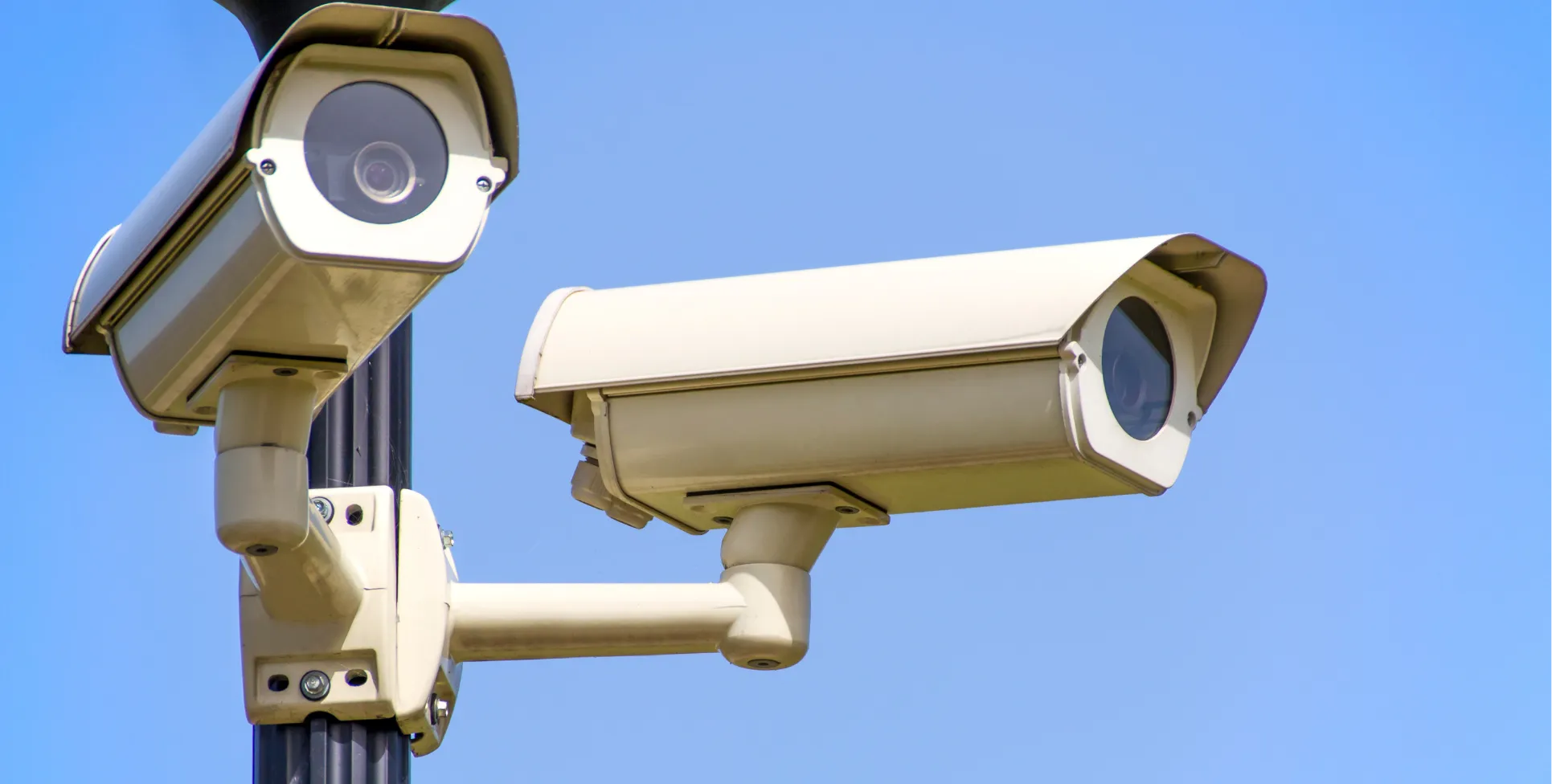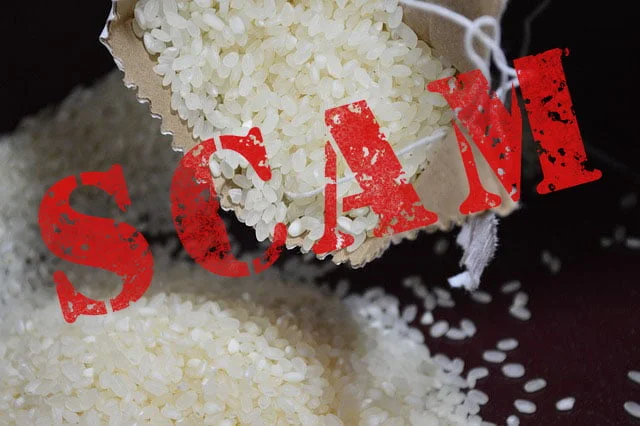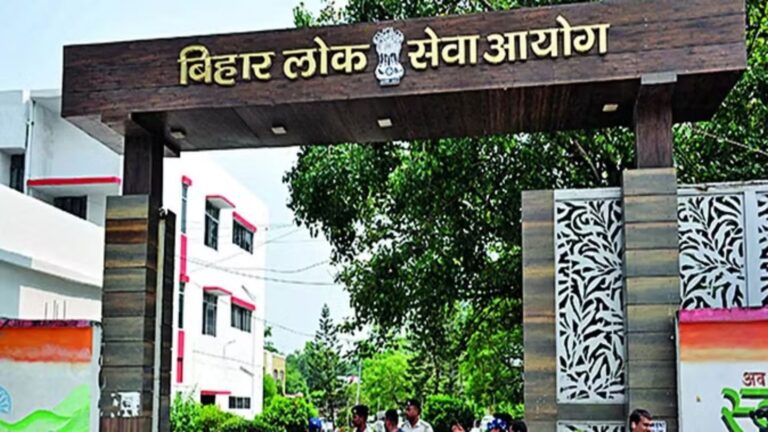
Rising Threats & Security Concerns
The recent pager attack in Lebanon, where a coordinated cyber assault exploited outdated technology, serves as a wake-up call for countries worldwide, including India. With the increasing threat of data espionage through modern surveillance equipment like CCTV cameras, governments are stepping up efforts to ensure that critical infrastructure is protected. India’s decision to limit the use of Chinese-made CCTV cameras stems from similar fears regarding data privacy and national security.
India’s CCTV Market: A Strategic Shift
India has witnessed a massive rise in the use of CCTV cameras, particularly in its metropolitan cities like Delhi, Mumbai, and Chennai, which now rank among the world’s most surveilled cities. For instance, Delhi alone boasts 1,490 cameras per square mile, highlighting the critical role that these systems play in public safety and monitoring.
However, the growing reliance on surveillance technology has sparked concerns about data privacy, especially with a significant portion of India’s CCTV market being dominated by Chinese companies like Hikvision and Dahua. The new regulations aim to curb the import of Chinese surveillance systems and promote trusted alternatives.
Notably, the U.S. Federal Communications Commission (FCC) had banned the use of Hikvision and Dahua equipment in the United States due to similar security concerns. India is now taking a more cautious approach, aiming to limit the use of such equipment while gradually phasing out their presence in critical infrastructure.
Promoting Local Manufacturing with CP Plus
In line with India’s broader “Make in India” campaign, the government’s new rules are expected to boost local CCTV manufacturers such as CP Plus, one of India’s leading surveillance solutions providers.
The government’s shift towards local manufacturers reflects a strategic decision to reduce dependence on foreign companies for critical security infrastructure. By sourcing components locally, India aims to mitigate risks associated with foreign surveillance equipment that may have hidden vulnerabilities.
No Immediate Replacement, But New Installations Affected
The government has clarified that while the new rules will affect future CCTV installations, there are no immediate plans to replace the thousands of Chinese-made cameras already in use across the country. Phasing out existing equipment will be a gradual process, with a focus on ensuring that new installations come from trusted sources, particularly domestic manufacturers like CP Plus.
Conclusion: A Safer India
As global incidents like the pager attack in Lebanon continue to raise alarms, India’s decision to tighten rules around CCTV camera imports marks a critical step towards enhancing national security. By focusing on promoting local manufacturers and reducing reliance on Chinese brands, the government is ensuring that surveillance technology remains a tool for safety, not a gateway for security breaches.






